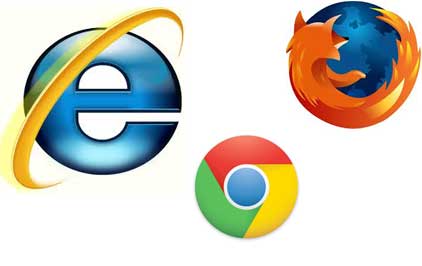
College students' internet overuse leads families to connect, conflict: New study finds
A research team that included child welfare expert Susan Snyder of Georgia State’s Andrew Young School of Policy Studies conducted a qualitative study of 27 U.S. university students who self-identified as problematic Internet users.The study is the first to show how college students in the United States diagnosed with Problematic Internet Use (PIU) perceive its role in their families.
“We wanted to better understand students with Problematic Internet Use,” Snyder said, “those who reported spending more than 25 hours a week on the Internet on non-school or non-work-related activities, and who experienced Internet-associated health or psychosocial problems. Specifically, we wanted to understand how the Internet affects students’ family relationships positively and negatively.”
On the plus side, these students reported their time on the Internet often improved family connectedness when they and their family were apart. However, their excessive Internet use led to increased family conflict and disconnectedness when family members were all together. And most students with PIU felt their families also overused the Internet, with parents not setting enough limits for either parent or sibling Internet use.
Young adults are at an especially high risk for behavioral addictions, Snyder and her co-authors said, and Problematic Internet Use is considered a behavioral addiction with characteristics similar to substance abuse disorders. PIU has been linked with negative mental health consequences such as depression, attention deficit/hyperactivity disorder, hostility, social phobia, alcohol abuse, self-injuries and sleep difficulties.
College students may be especially vulnerable to developing PIU for reasons that include free Internet access, large blocks of free time, courses that require its use and the sudden freedom from parental control and monitoring. Estimates of PIU across the U.S. population are run as high as 15 percent.
“Our study furthers the understanding of Problematic Internet Use,” Snyder said. “We believe it offers a first step toward the design of effective interventions to address PIU among the college-age population, and hope it will serve to inform clinical practice and health policy in this area.”
Support Our Journalism
We cannot do without you.. your contribution supports unbiased journalism
IBNS is not driven by any ism- not wokeism, not racism, not skewed secularism, not hyper right-wing or left liberal ideals, nor by any hardline religious beliefs or hyper nationalism. We want to serve you good old objective news, as they are. We do not judge or preach. We let people decide for themselves. We only try to present factual and well-sourced news.







